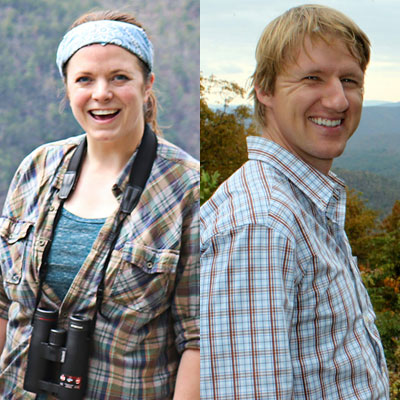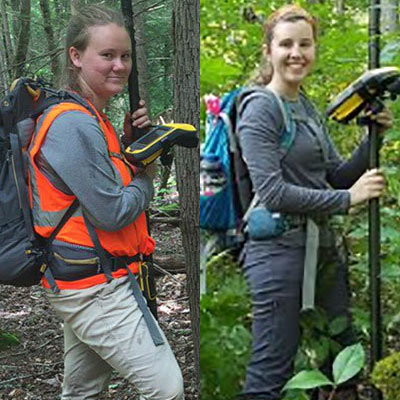Anthropology (BS)

Application Deadlines
Location
Boone campus
Got credits?
Learn about transferring credits to App State
Learn what it means to be human.
Anthropology helps people recognize and solve problems facing the contemporary world through a broad understanding of humanity.
App State’s Bachelor of Science (BS) in Anthropology provides you with a more scientific focus on humans and the human condition, both past and present. You will work alongside leading faculty, gaining experience on research projects.
Blending the rich understanding of the human experience provided by a broad education in anthropology with a solid grounding in a variety of sciences, this degree is ideal for those wanting to pursue careers in archaeology or biological anthropology.
R2 for high research activity
App State has earned a Research 2 Carnegie Classification, recognizing the university’s high research activity and doctorate production. Learn more about App State’s R2 status
Top 5 in innovation
U.S. News & World Report has recognized App State as a top five school for innovation for nine consecutive years.
A ‘Best College’ for value
App State’s quality, affordability and student outcomes place it among the nation’s 2025 best schools for value, according to Money.com.
Elevate Your Education
Courses
Transferring Credits
Learn about App State’s credit transfer process, and use our Transfer Equivalency Course Search tool to determine how your courses may transfer to App State.
General Education
With courses in history, natural and social sciences and humanities, App State’s General Education Program will reshape your outlook on learning and provide a foundational skill set that will prepare you for any career.
Accelerated Master’s
You can begin your graduate studies as an undergraduate and earn your master’s degree in as little as one year.
Careers and Mountaineers
Where can an App State degree take you? Anywhere you want to go! Our passionate and engaged alumni become leaders in their communities and chosen professions.
Careers
- Education and Outreach Coordinator
- Archaeologist
- Librarian
- Photographer/Videographer
- College-level Educator
- GIS Analyst
- English as Foreign Language Teacher
- Research Assistant
- Historian/Curator
- Conservator
- Consultant
- Field Crew Supervisor
- Park Ranger
- Medical Examiner Specialist
- Educational Director
- International Development Specialist
Some of these roles may require education beyond a bachelor’s degree.
Career information resource
Career Development Center
Services provided by the Career Development Center include resume reviews, career coaching, job and internship search assistance, and other tools for you to achieve life and professional success.
More to Explore at App State
Fund Your Education
Numerous scholarship and financial aid opportunities are available to help fund your App State education. Learn more about scholarships and financial aid.
International Experience
Work outside your cultural boundaries. Learn more.
Real-world Internships
Gain firsthand experience while earning your degree. Learn more
Find Your Community
Get inspired and get involved by joining App State clubs and organizations. Learn more
Honors College
Develop high-level creative thinking and research skills. Learn more and check out the departmental honors program.
Apply
Are you ready to become a Mountaineer? Take the next step, apply for admission to App State and elevate your future success.
Admissions questions? Contact us.
Connect
Visit Campus
Explore App State’s campuses in Boone and Hickory and learn more about what life is like as a Mountaineer.
Attend an information session to get to know App State’s people and programs.
Admissions Counselor
Have questions related to the App State admissions process? Our admissions counselors are here to help.







